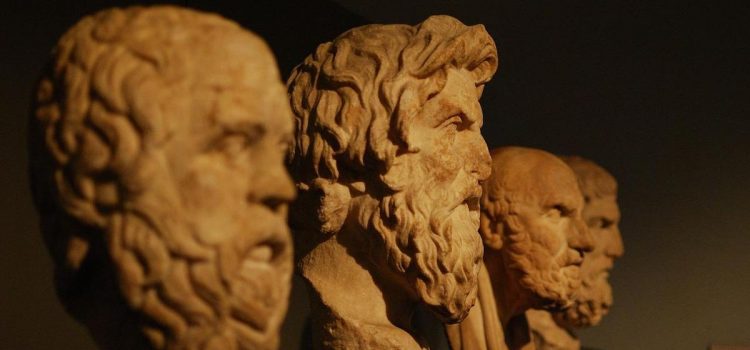What is the greatest virtue? What makes it so great? Does Aristotle’s theory hold water? In his Nicomachean Ethics, Aristotle discusses virtues, both moral and intellectual. He argues that one virtue rises above all the others: wisdom. Unlike other virtues, it’s an end in itself and, thus, the best way to achieve happiness—the goal of life. Read more to understand Aristotle’s opinion about the greatest virtue.
What Is the Greatest Virtue? Here’s Aristotle’s Answer










